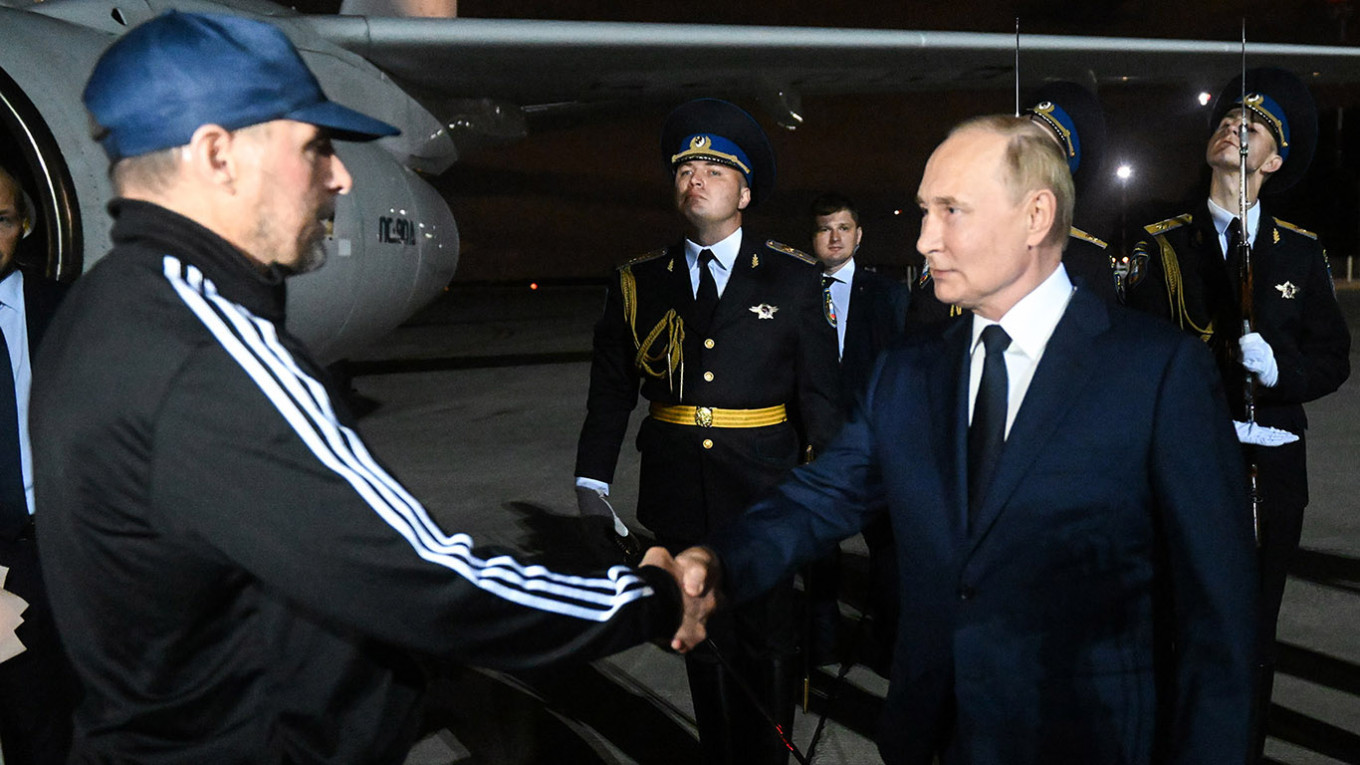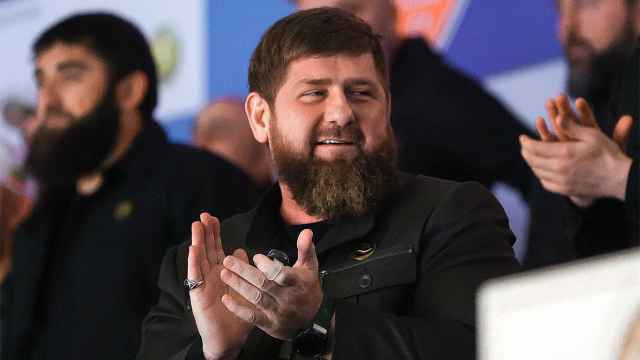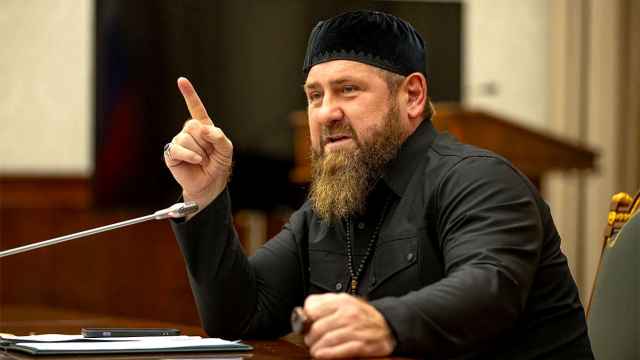There was much to celebrate about the historic exchange of prisoners between Russia and the West, which saw the release of political prisoners imprisoned for their commitment to democracy and transparency.
At the same time, many people have noticed that none of those freed were Chechen, or released from Ramzan Kadyrov’s brutally ruled personal fiefdom, despite the fact that Chechnya’s history is inseparable from why the exchange happened in the first place.
Russia’s most high-profile prize was special services officer Vadim Krasikov, who was serving a life sentence in Germany for the murder of Zelimkhan Khangoshvili, a Chechen field commander who fought Moscow’s forces in the Second Chechen War.
Oleg Orlov, the chairman of the Memorial human rights foundation, was among those who questioned why nobody was released from Chechnya this summer. Historian Mairbek Vachagayev also noticed the imbalance, saying: “Nobody remembered them in the great game of world powers.”
Krasikov was the first prisoner returned to Moscow to be greeted by President Vladimir Putin. After stepping off the plane, he saluted and said "Comrade President, your order has been carried out!" after which Putin shook his hand and hugged him. Finally acknowledged as an FSB agent after years of denials from the Kremlin, Krasikov publicly and proudly recounted killing a man who fought for the independence of the Chechen Republic and sought refuge in Germany.
For Chechens, Moscow’s disregard for their lives was the trigger for the Russian-Chechen war. It turns out that Putin remains true to the promise he made at the start of his presidency, when he said Russia would “wipe [terrorists] out in the outhouse" when journalists questioned the advisability of bombing the airport and other civilian facilities in Grozny in 1999, injuring hundreds of civilians.
There is no shortage of political prisoners who could have been released from Chechnya. Sayd-Mukhammad Dzhumayev is serving a five-year sentence after fighting off National Guard officers at a rally in support of Alexei Navalny. There is also Zarema Musaeva, who was kidnapped from her flat in Nizhny Novgorod on Kadyrov’s orders because of her sons' political and human rights activities. Musaeva, a 55-year-old wife and mother who is diabetic, is currently serving her sentence in a penal colony in the Chechen town of Argun, after allegedly aggressively attacking a police officer.
Russian opposition members allied with Navalny claimed that they were the ones who drew up the lists for the exchange. This could be another false attempt by the exiled opposition to boost their reputation by showing their influence on the diplomatic processes between the West and Russia.
Their claim could also be read as an inadvertent confession of discrimination in the compilation of the list. If anything, the Russian opposition should offer collective thanks to Khangoshvili’s family for his military and political actions against Russia's colonial policies towards Chechnya.
However, we cannot ignore the influence of Ramzan Kadyrov, for whom Zarema Musaeva has become the defining political prisoner of his entire career. Her abduction underscored the impunity with which Putin allows him to act in exchange for keeping Chechnya from bothering the Kremlin.
A number of prominent Russian political figures, especially from the human rights community, have appealed to Kadyrov to release her. Instead of responding to them, Kadyrov continued to pressure his investigative and judicial authorities to impose the strictest possible punishment on her. It is clear that Kadyrov has an unhealthy personal fixation on revenge against the Yangulbaev family.
Prisoners like Zarema Musaeva and Sayd-Mukhammad Dzhumayev deserve freedom no less than the activists now rebuilding their lives in the West, given their personal history closely connected with the struggle for freedom from tyranny. One can only hope that next time, the freedom of Russia’s minorities will be treated with the same importance as that of the more famous majority.
A Message from The Moscow Times:
Dear readers,
We are facing unprecedented challenges. Russia's Prosecutor General's Office has designated The Moscow Times as an "undesirable" organization, criminalizing our work and putting our staff at risk of prosecution. This follows our earlier unjust labeling as a "foreign agent."
These actions are direct attempts to silence independent journalism in Russia. The authorities claim our work "discredits the decisions of the Russian leadership." We see things differently: we strive to provide accurate, unbiased reporting on Russia.
We, the journalists of The Moscow Times, refuse to be silenced. But to continue our work, we need your help.
Your support, no matter how small, makes a world of difference. If you can, please support us monthly starting from just $2. It's quick to set up, and every contribution makes a significant impact.
By supporting The Moscow Times, you're defending open, independent journalism in the face of repression. Thank you for standing with us.
Remind me later.








